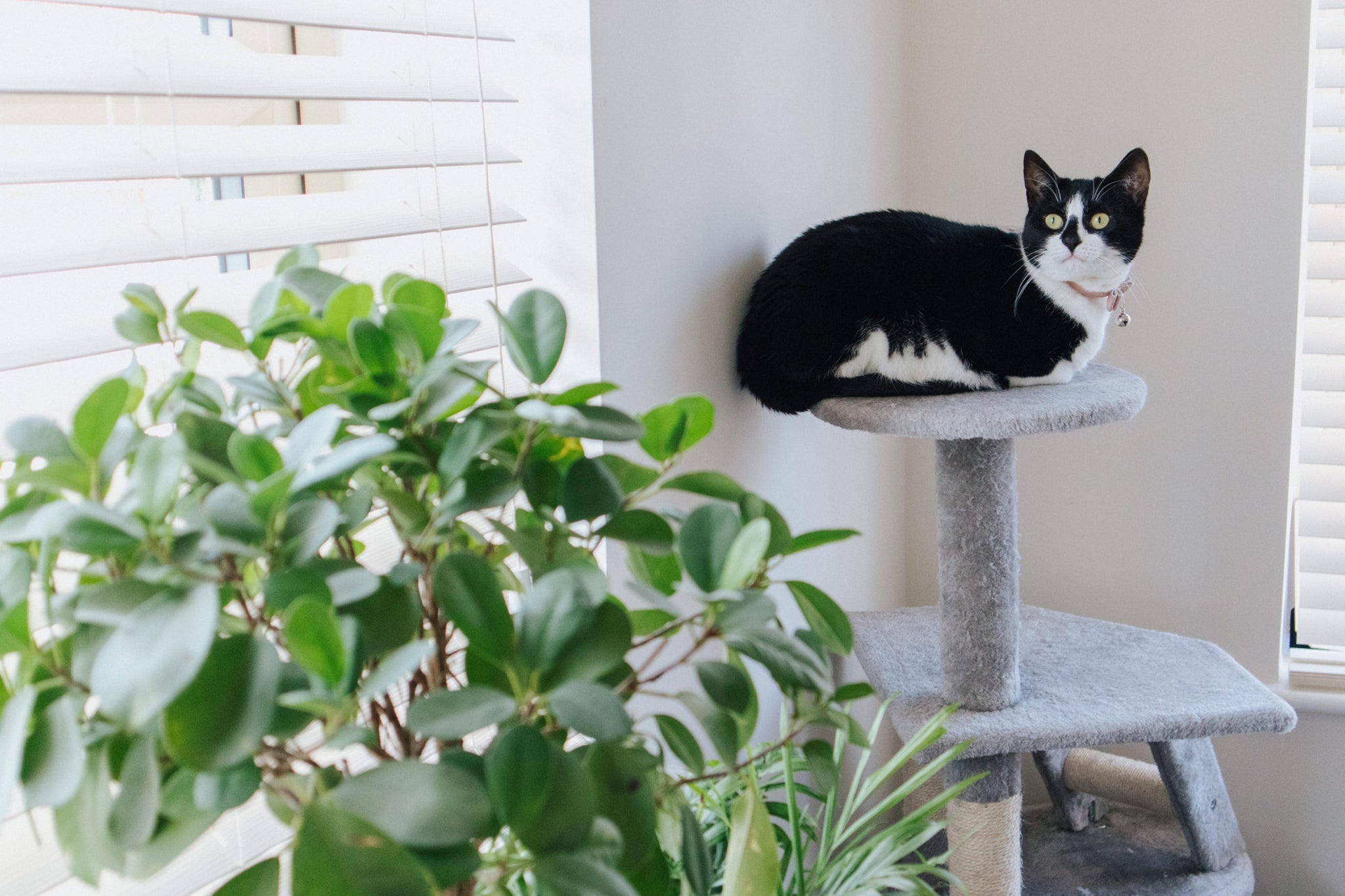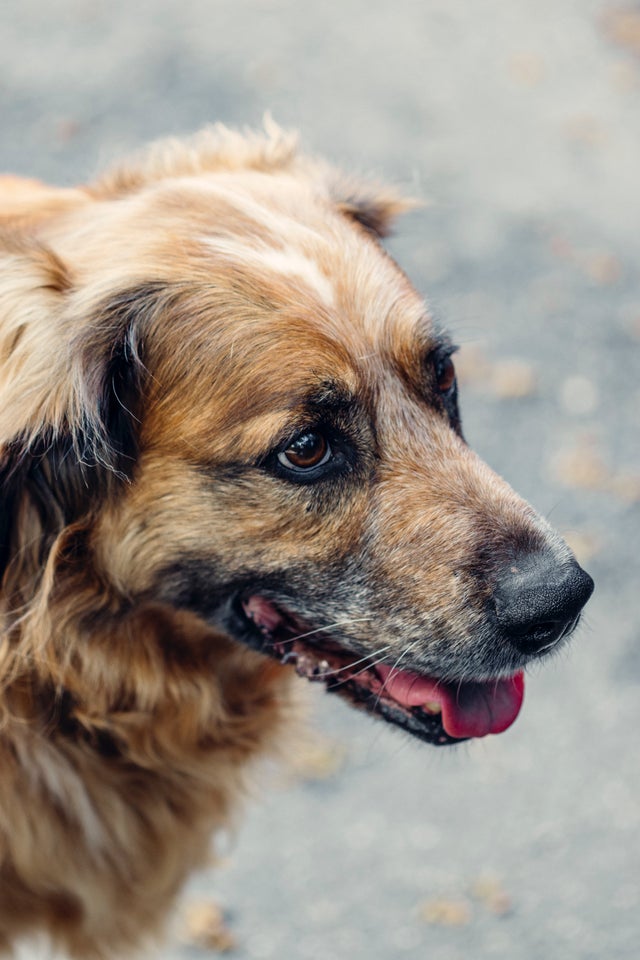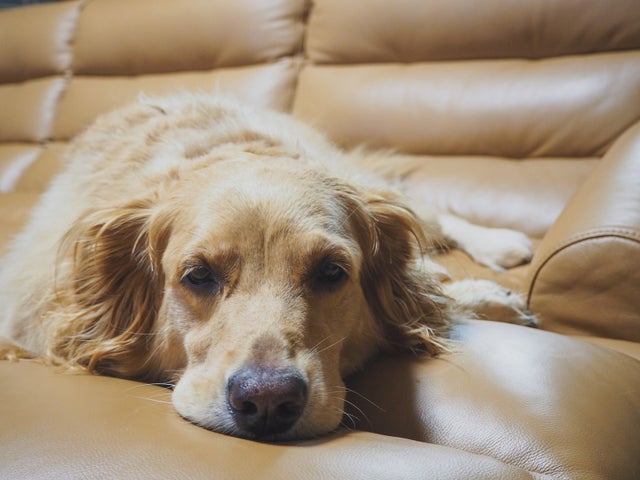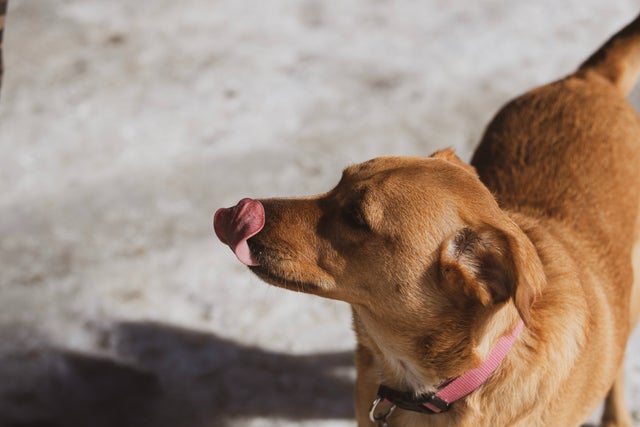Plants can bring color and life to your house, but they may have some unintended consequences. It’s important to know which plants to avoid if you have cats.
Azaleas
The entire azalea plant is toxic to your cat if they chew it. Cats may have gastrointestinal, cardiovascular, or central nervous system issues if they ingest azalea. Effects include excessive drooling, vomiting, diarrhea, weakness, difficulty walking, and loss of appetite.
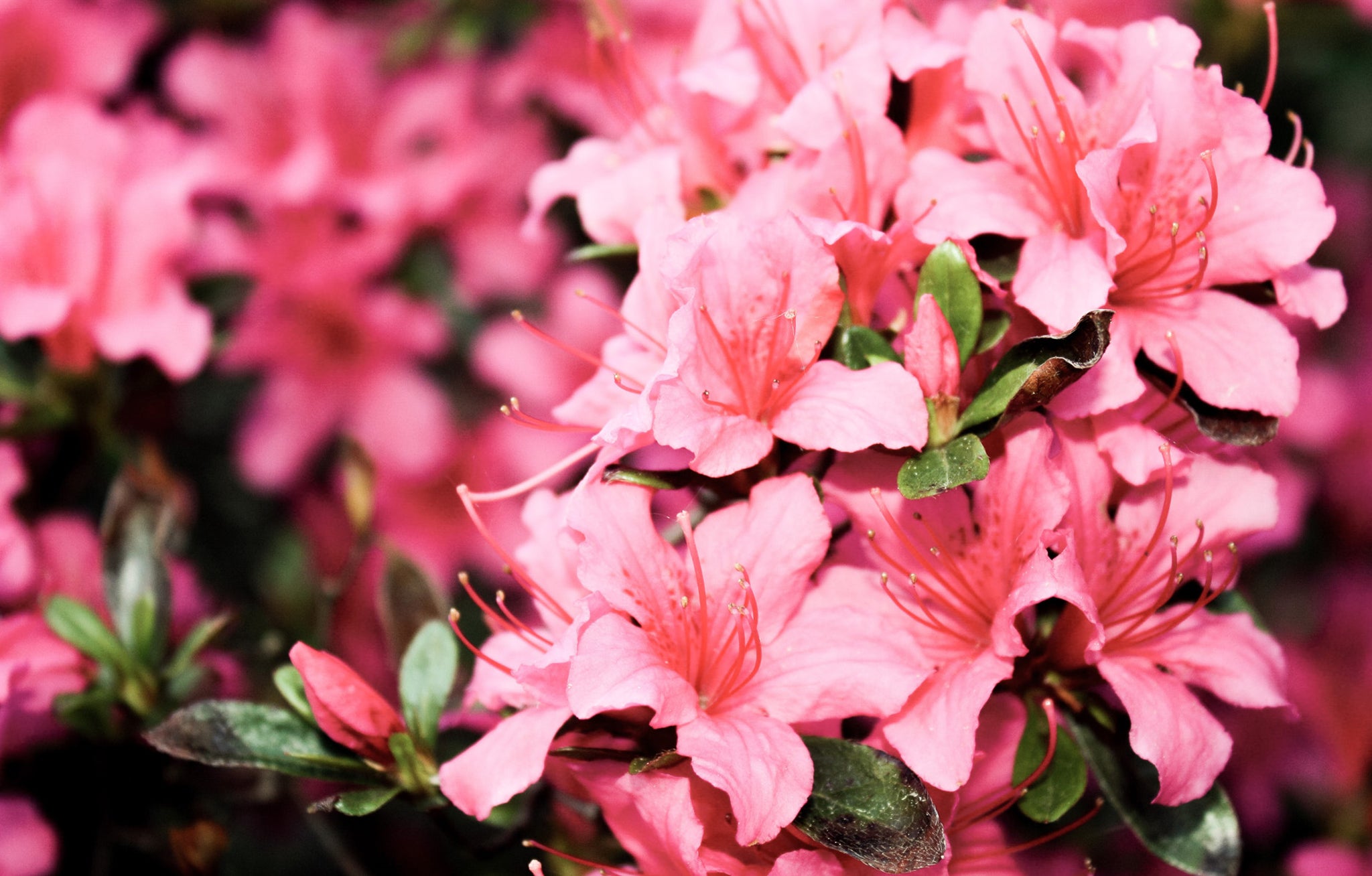
Lilies
All parts of the lily can be toxic. Even the water the lilies sat in may contain toxins to cats. Day lilies are extremely toxic to cats. Even small amounts can cause severe reactions. Some lilies may not be as toxic. However, it is best to avoid all lilies to be safe. Effects of digesting any part of the lily plant include drooling, lethargy, vomiting, kidney failure, or even death.
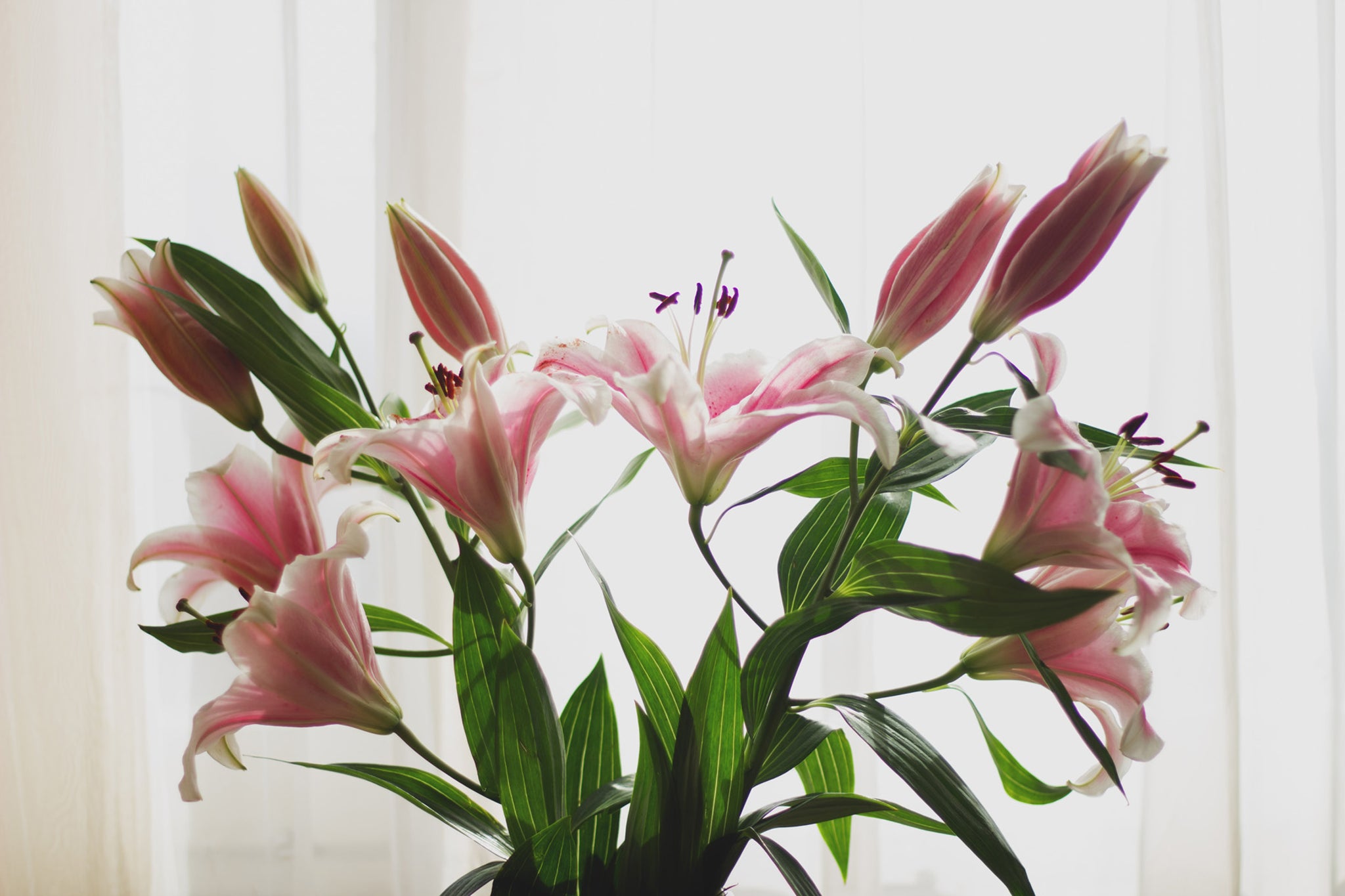
Hydrangea plants
The hydrangea’s buds and leaves are toxic to cats. If your cat has sensitive skin, the plant can also cause skin irritation if the plant comes in contact with your cat. Ingestion of hydrangea may cause your cat to have diarrhea, vomiting, or oxygen deprivation.

Ivy
Ivy should be avoided if you have a cat. It is toxic to your cat if ingested. Side effects include diarrhea, vomiting, excessive salivation, and abdominal pain. Some types of ivy may cause irritation in the mouth.
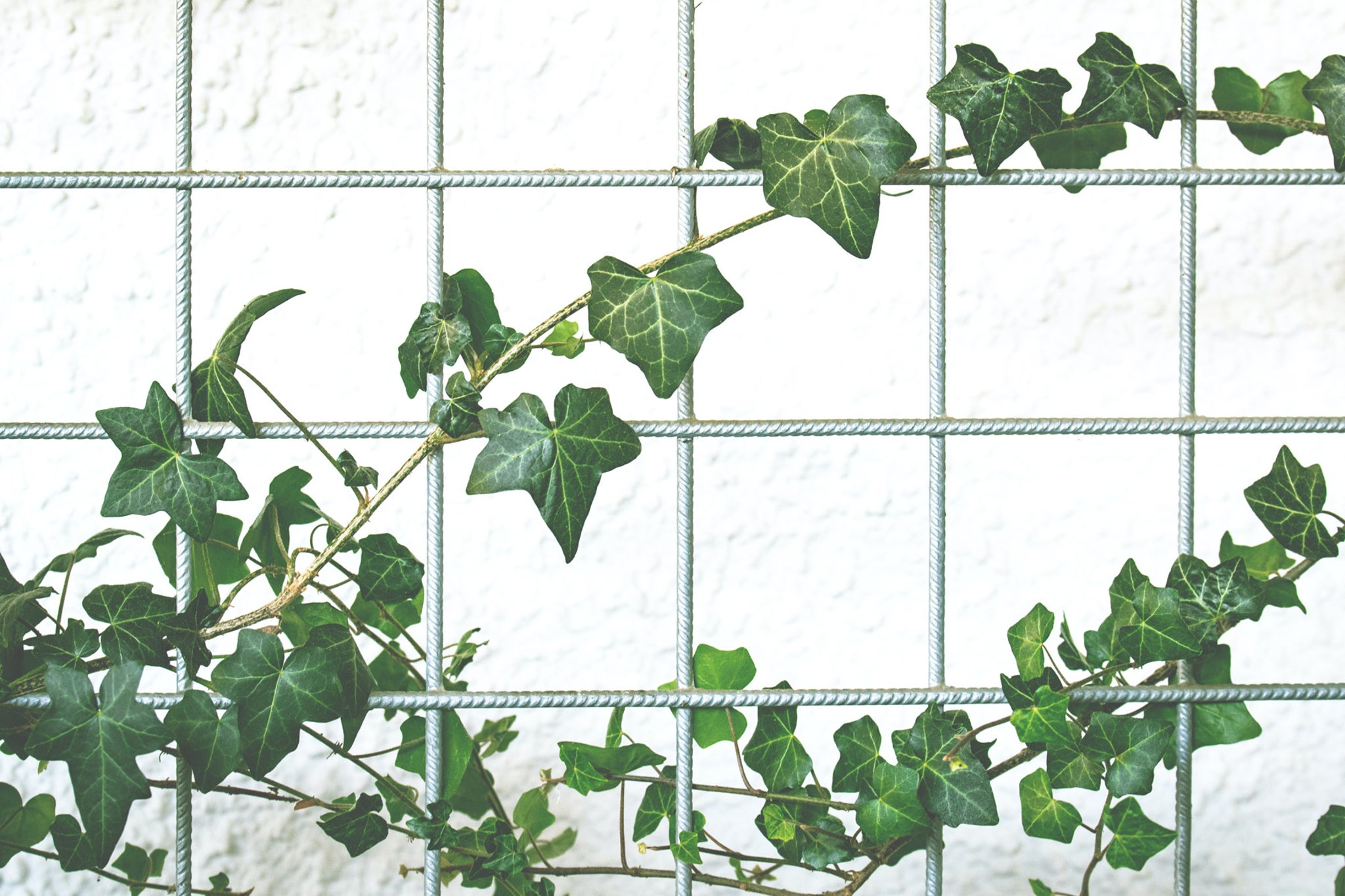
Sago Palms
Every part of the sago palm is toxic to cats, even the seeds. Sago palms are mostly found in warmer climates. Effects from ingesting any part of the sago palm include vomiting, diarrhea, decreased appetite, liver failure, and even death.
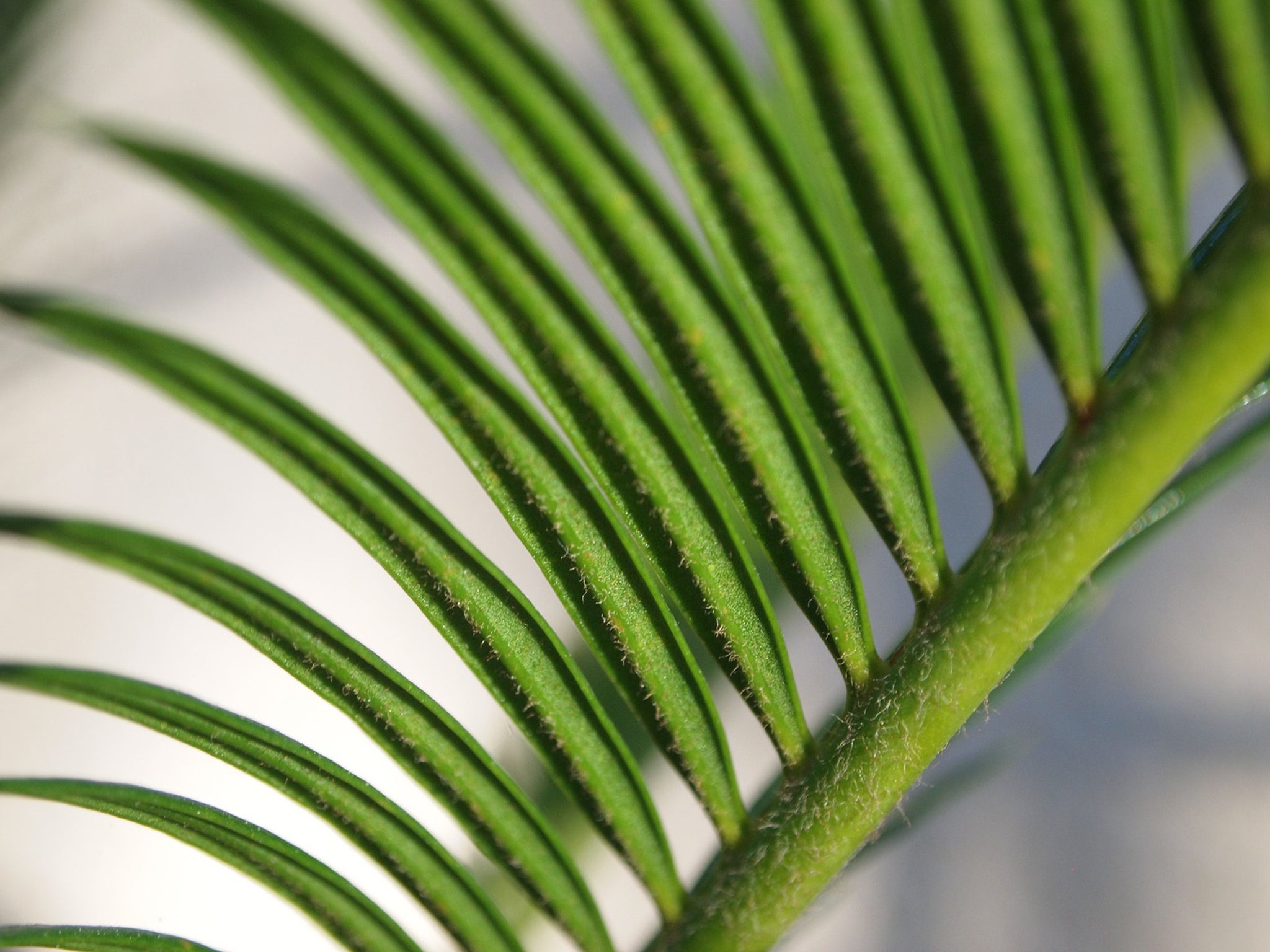
Tomato Plants
Tomato plants can be toxic for your cat. The green leaves and stems are toxic if your cat ingests them. Your cat should also avoid consuming raw tomatoes. Side effects from consuming tomato plants include diarrhea, vomiting, lethargy, slow heart rate, and even seizures.
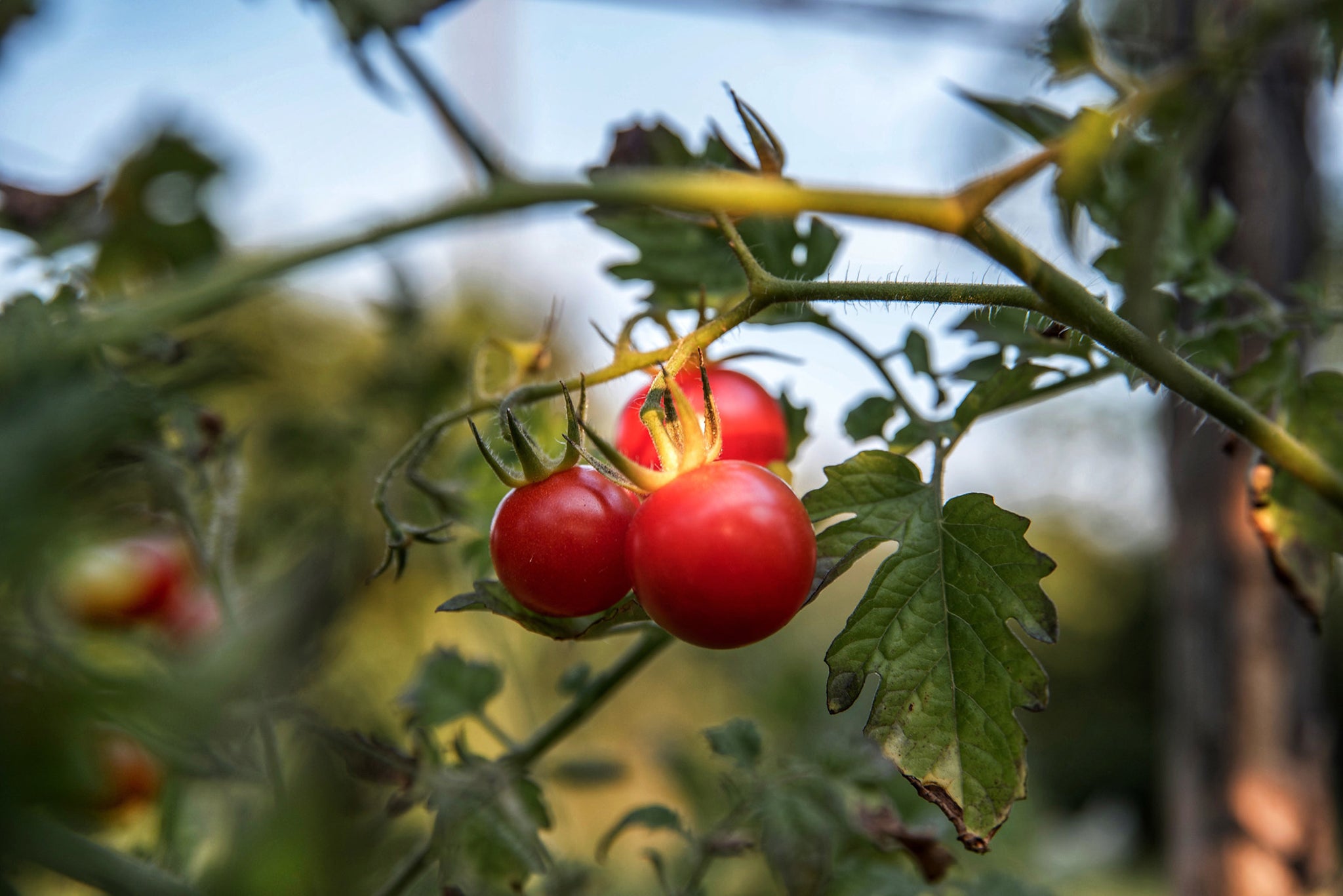
If your cat does consume a toxic plant, contact your veterinarian immediately.

